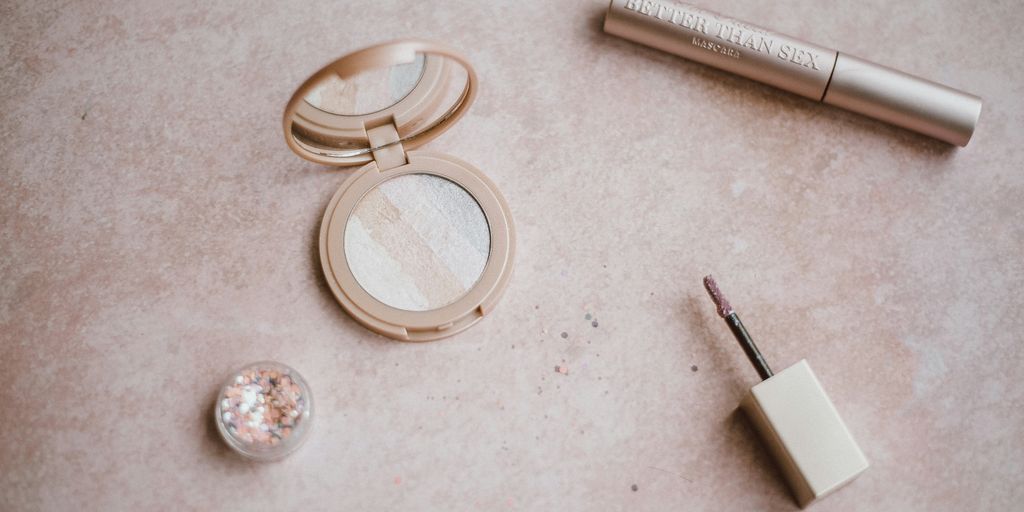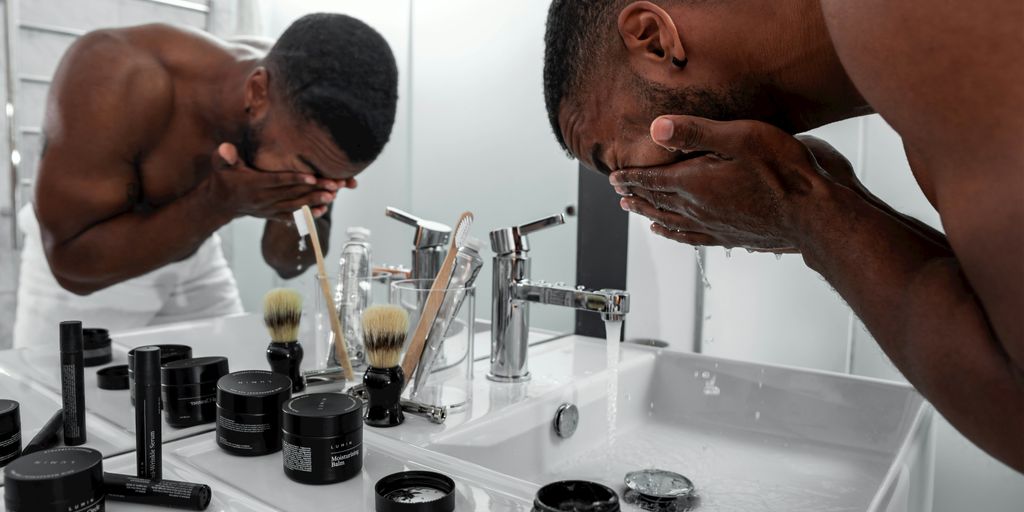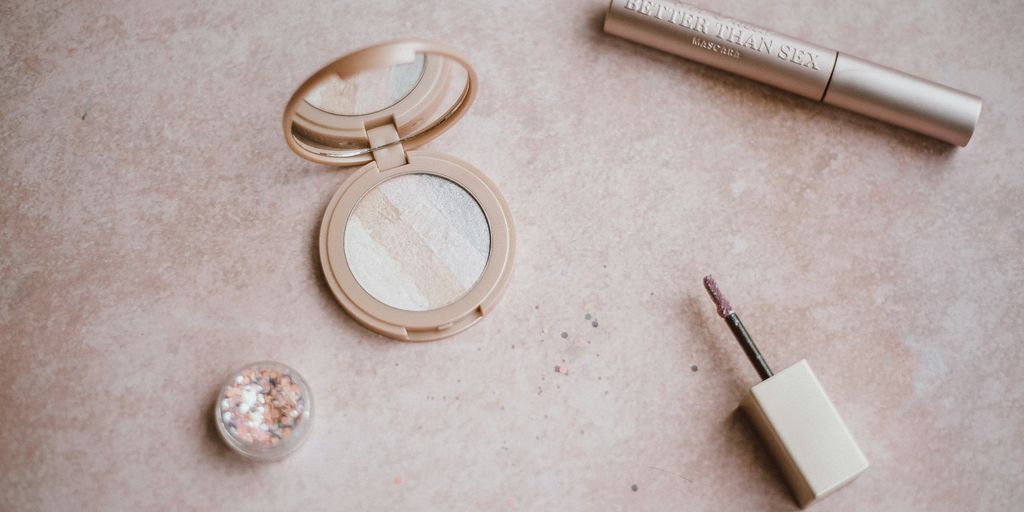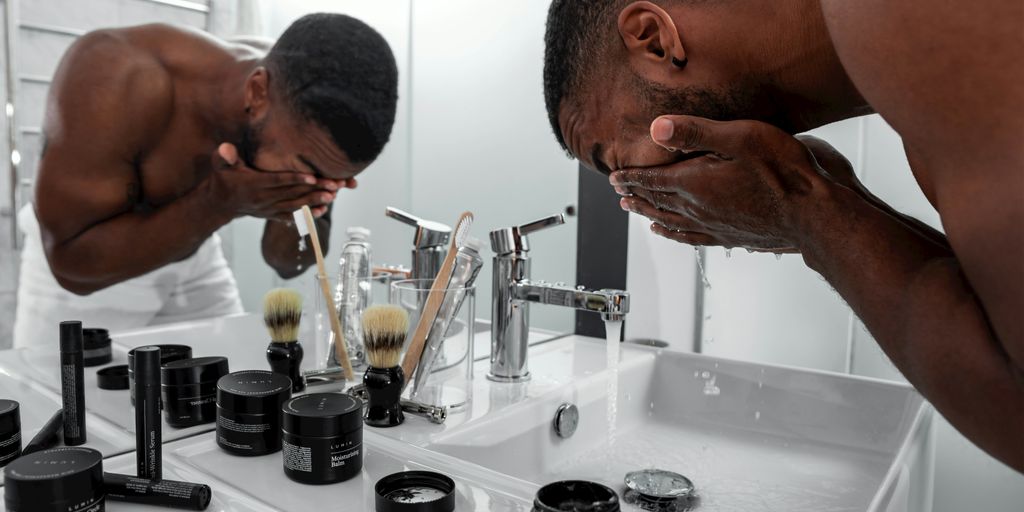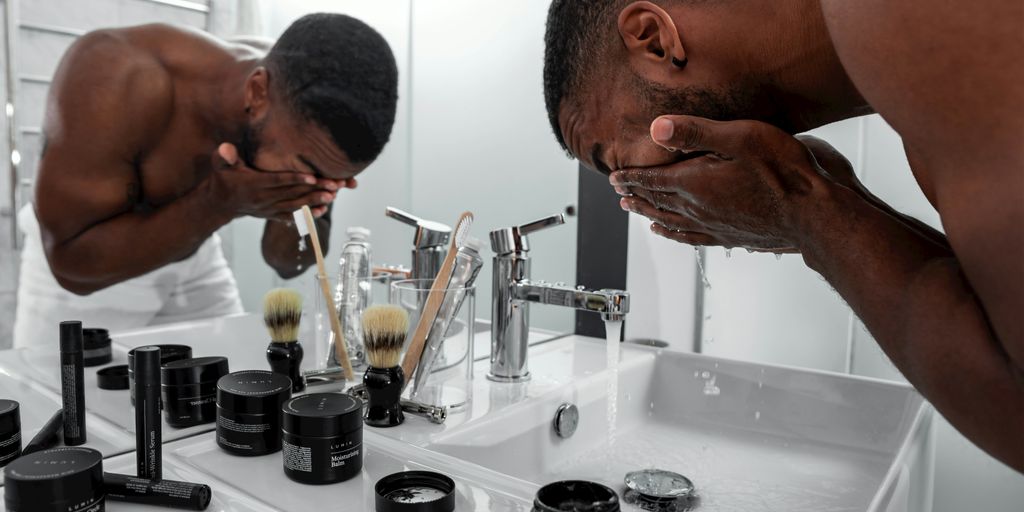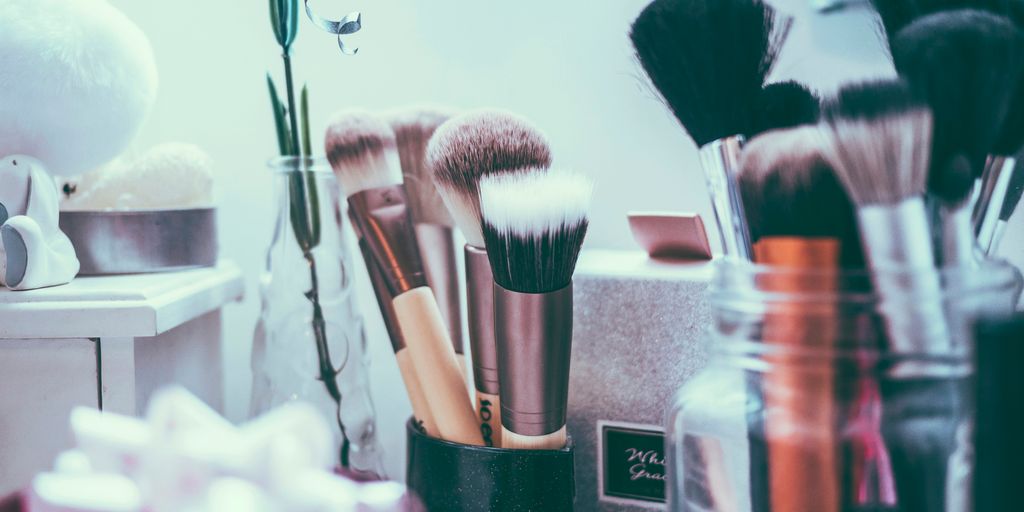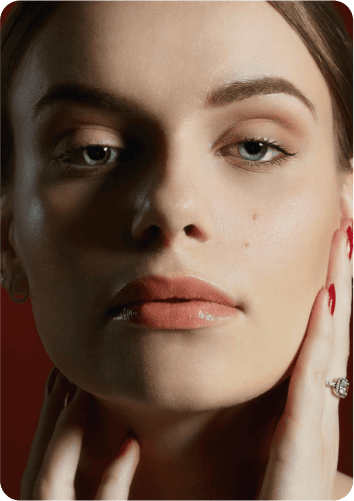In the beauty world, the question of whether a brand is truly cruelty-free can be a bit tricky. Hourglass is a brand that many people are curious about, especially since it’s part of a larger company. In this article, we’ll dig into Hourglass’s practices and see if they really live up to the cruelty-free label in 2025. Let’s find out if Hourglass is cruelty-free and what that means for consumers who care about ethical beauty products.
Key Takeaways
- Hourglass is certified cruelty-free by PETA and does not test on animals.
- Although Hourglass is cruelty-free, it is owned by Unilever, a company that does conduct animal testing.
- Hourglass does not sell its products in countries where animal testing is mandatory, like China.
- The brand focuses on sustainability with refillable packaging for some products, but it’s not fully transparent about all its practices.
- Hourglass donates a portion of its profits to animal rights organizations, showing a commitment to social responsibility.
Understanding Hourglass’s Cruelty-Free Status
It’s important to really understand what "cruelty-free" means when we’re talking about beauty brands. There are a lot of different factors that go into it, and it’s not always as straightforward as you might think. Let’s take a closer look at Hourglass and see where they stand on this issue.
Is Hourglass Cruelty-Free Certified?
Yes, Hourglass has received cruelty-free certification from PETA. This is a great first step and offers some reassurance that they are adhering to certain standards. However, it’s worth noting that companies can be cruelty-free without formal certification. Certifications just provide an extra layer of verification. The most well-known organizations are PETA and Leaping Bunny.
Is Hourglass Owned By A Cruelty-Free Parent Company?
Unfortunately, Hourglass is owned by Unilever, a parent company that isn’t cruelty-free. This is where things get a bit complicated. Many brands are part of larger corporations, and these corporations may have different practices than the individual brands they own. Unilever, for example, does test on animals in some instances, even if Hourglass doesn’t directly participate in those tests.
Is Hourglass Sold Where Animal Testing Is Required By Law?
Good news here: Hourglass does not sell its products in mainland China, where animal testing was previously required for many imported cosmetics. This is a big deal because it shows that they’re willing to limit their market reach to avoid animal testing. While regulations in China have evolved since 2023, with some exceptions for certain products, Hourglass’s decision demonstrates a commitment to their cruelty-free stance.
It’s important to remember that the definition of "cruelty-free" can vary. Some people might not support brands owned by companies that test on animals, while others are okay with it as long as the brand itself doesn’t test. It really comes down to personal values and what you’re comfortable with.
The Parent Company Dilemma

The Impact of Unilever’s Practices
Hourglass’s position isn’t always clear-cut because it’s owned by Unilever. Unilever, while making strides in sustainability, isn’t fully cruelty-free across all its brands and operations. This creates a tricky situation for consumers who are trying to buy ethical products. Unilever sells products in markets where animal testing is required by law, which conflicts with the core values of cruelty-free advocates. It’s a complex web of corporate responsibility and global market demands.
Consumer Choices Regarding Parent Companies
Deciding whether to support a brand owned by a non-cruelty-free parent company is a personal choice. Some consumers boycott all brands under such parent companies, while others focus on the specific practices of the brand itself. There are a few things to consider:
- The parent company’s overall ethical stance.
- The specific brand’s commitment to cruelty-free practices.
- Your personal values and priorities.
Supporting Brands Independently
One way to navigate this dilemma is to support brands that, regardless of their parent company, actively promote ethical practices. This could mean:
- Looking for cruelty-free certifications for the specific brand.
- Researching the brand’s supply chain and ingredient sourcing.
- Contacting the brand directly to inquire about their practices.
It’s important to remember that every purchase is a statement. By supporting brands that prioritize ethical practices, even under larger corporations, we can encourage a shift towards greater corporate responsibility. It’s about making informed choices and advocating for the values we believe in.
Hourglass’s Commitment to Ethical Practices
Hourglass isn’t just about luxury makeup; they’re also trying to do things the right way. Let’s take a look at their efforts in being ethical.
Is Hourglass Vegan?
It’s a bit complicated. Hourglass does offer a selection of vegan products, which is great. However, not everything they make is vegan, so you have to check the labels carefully if that’s important to you. They are moving in a good direction, but aren’t 100% there yet.
Is Hourglass Sustainable?
Hourglass is taking steps toward sustainability, but there’s still room for improvement. For example, their Curator Eyeshadow collection uses refillable packaging made from tin and recycled plastic. The eyeshadow pans are crafted from recyclable aluminum. It’s a cool idea, but it’s not clear if they’re doing much else to be more sustainable overall.
Is Hourglass Socially Responsible?
Hourglass seems to focus their social responsibility efforts mostly on animal welfare. They donate a portion of their profits to the Nonhuman Rights Project, which is an organization working to secure rights for animals. Specifically, Hourglass donates 1% of annual net profits from hourglasscosmetics.com and 5% of annual net profits from Unlocked products to the NhRP’s efforts.
It’s good to see Hourglass giving back, but it would be nice to see them broaden their focus to include other social issues too. Supporting animal rights is important, and expanding their efforts could make an even bigger impact.
Exploring Hourglass’s Product Integrity
Are Hourglass Products Clean?
When we talk about "clean" beauty, it’s easy to get lost. The term itself isn’t really regulated, so companies can throw it around without always backing it up. Hourglass seems to be making a real effort, though. They avoid a lot of the usual suspects like parabens, phthalates, sulfates, synthetic fragrances and dyes, GMOs, Triclosan, and nanoparticles. However, they aren’t completely free of these ingredients. So, while they might not be a 100% clean beauty brand just yet, they’re definitely a cleaner option compared to many other luxury brands out there.
What Ingredients Are Used?
Hourglass is pretty good about listing their ingredients, which is a big plus. You can usually find a full list on their website or on the product packaging itself. They use a mix of synthetic and natural ingredients, and they’re always looking for ways to improve their formulas. It’s worth checking the list if you have any specific concerns.
Are There Allergens In Hourglass Products?
Allergens are tricky because everyone reacts differently. What bothers one person might be totally fine for another. Hourglass products may contain common allergens. If you have sensitive skin or known allergies, it’s always a good idea to do a patch test before using any new product, including Hourglass. Look for things like fragrance, certain preservatives, or specific plant extracts that you know you react to. Better safe than sorry!
It’s important to remember that even "natural" ingredients can cause allergic reactions. Don’t assume that just because something is plant-based, it’s automatically safe for your skin. Always read the label and do your research.
Here’s a quick guide to common allergens to watch out for:
- Fragrance (parfum or aroma)
- Certain preservatives (like methylisothiazolinone or formaldehyde-releasers)
- Essential oils (some people react to lavender, tea tree, etc.)
- Specific dyes (like red dye #40)
Transparency in Hourglass’s Operations
Where Is Hourglass Made?
Finding out where our makeup comes from is important, right? It’s not always super clear with Hourglass. They don’t shout it from the rooftops, and it can take some digging to find specific info on where each product is manufactured. Generally, you’ll find that high-end brands like Hourglass often use manufacturers in Europe (think Italy and France) for certain items, because of their expertise in cosmetics. Other products might be made in the USA. It really varies.
Is Hourglass B Corp Certified?
So, B Corp certification is a big deal for companies that want to show they’re serious about social and environmental responsibility. It means they’re not just focused on profit, but also on people and the planet. Hourglass isn’t B Corp certified right now. That doesn’t automatically mean they aren’t doing good things, though. Lots of companies have ethical practices without that specific certification.
How Does Hourglass Ensure Ethical Sourcing?
Ethical sourcing is all about making sure the ingredients and materials used in products are obtained in a way that’s fair to workers and doesn’t harm the environment. It’s a complex issue, and it’s not always easy to get a clear picture. Here’s what we know about Hourglass:
- They donate to the Nonhuman Rights Project, showing a commitment to animal welfare.
- They use some sustainable packaging, like refillable eyeshadow palettes.
- They focus on animal rights, but it’s less clear how they address human rights in their supply chain.
It would be great to see Hourglass be more transparent about their sourcing practices. Knowing exactly where their ingredients come from and how they ensure fair labor practices would give consumers more confidence in their choices.
The Bigger Picture of Cruelty-Free Beauty
Why Cruelty-Free Matters
Choosing cruelty-free isn’t just a trend; it’s a stance against animal suffering. It’s about voting with your wallet and supporting companies that prioritize ethical practices. The beauty industry has historically relied on animal testing to ensure product safety, but with advancements in science, there are now many alternative methods that are more reliable and humane. By opting for cruelty-free brands, you’re helping to drive demand for these alternatives and encouraging more companies to adopt them. It’s a small change that can make a big difference.
- Reduces animal suffering.
- Supports innovation in testing methods.
- Encourages ethical business practices.
Cruelty-free products often align with other ethical considerations, such as sustainability and fair labor practices. These brands tend to have a more holistic approach to business, considering the impact of their operations on the environment and society.
The Role of Certifications in Consumer Choices
Navigating the world of cruelty-free can be tricky. That’s where certifications come in. Organizations like Leaping Bunny and PETA offer certifications to brands that meet specific cruelty-free standards. These certifications can provide consumers with assurance that a product is truly cruelty-free, but it’s important to understand what each certification entails. Some certifications, for example, may not cover a brand’s entire supply chain. It’s always a good idea to do your research and understand the criteria behind a certification before relying on it completely.
How to Identify Truly Cruelty-Free Brands
Identifying truly cruelty-free brands requires a bit of detective work. Don’t just rely on labels; dig deeper. Check a brand’s website for a clear cruelty-free statement and look for third-party certifications. Be wary of vague language like "We do not test on animals except where required by law." This often means the brand is selling in markets where animal testing is mandatory. Also, consider the parent company. If a brand is owned by a company that tests on animals, your purchase may still indirectly support those practices. Here are some steps you can take:
- Check for certifications from reputable organizations.
- Read the brand’s cruelty-free policy on their website.
- Research the parent company’s practices.
When we think about beauty products, it’s important to look at the bigger picture. Choosing cruelty-free options means we care about animals and the planet. By supporting brands that don’t test on animals, we help create a kinder world. Want to learn more about how you can make a difference? Visit our website for tips and products that align with your values!
Final Thoughts on Hourglass and Its Ethical Practices
In wrapping up, it’s clear that Hourglass has made strides in being cruelty-free. They don’t test on animals, and they’ve got that PETA certification to back it up. But, here’s the kicker: they’re owned by Unilever, a company that doesn’t share the same values when it comes to animal testing. This can be a tough pill to swallow for those who want to support brands that are fully aligned with cruelty-free principles. So, if you’re considering Hourglass, think about what matters most to you. Do you feel comfortable supporting a brand that’s cruelty-free in its own right, even if its parent company isn’t? It’s a personal choice. Whatever you decide, it’s great to see more people caring about ethical beauty. Thanks for sticking with me through this exploration!
Frequently Asked Questions
Is Hourglass cruelty-free?
Yes, Hourglass is cruelty-free. They do not test their products or ingredients on animals.
Is Hourglass owned by a cruelty-free company?
No, Hourglass is owned by Unilever, which does test on animals.
Is Hourglass sold in places where animal testing is required?
No, Hourglass does not sell in countries like China where animal testing is mandatory.
Are Hourglass products vegan?
Some Hourglass products are vegan, but not all of them.
Is Hourglass a sustainable brand?
Hourglass uses some sustainable practices, like refillable packaging, but it’s not fully clear how sustainable they are overall.
Where are Hourglass products made?
Hourglass is based in California, but the exact locations of their manufacturing are not clearly stated.
